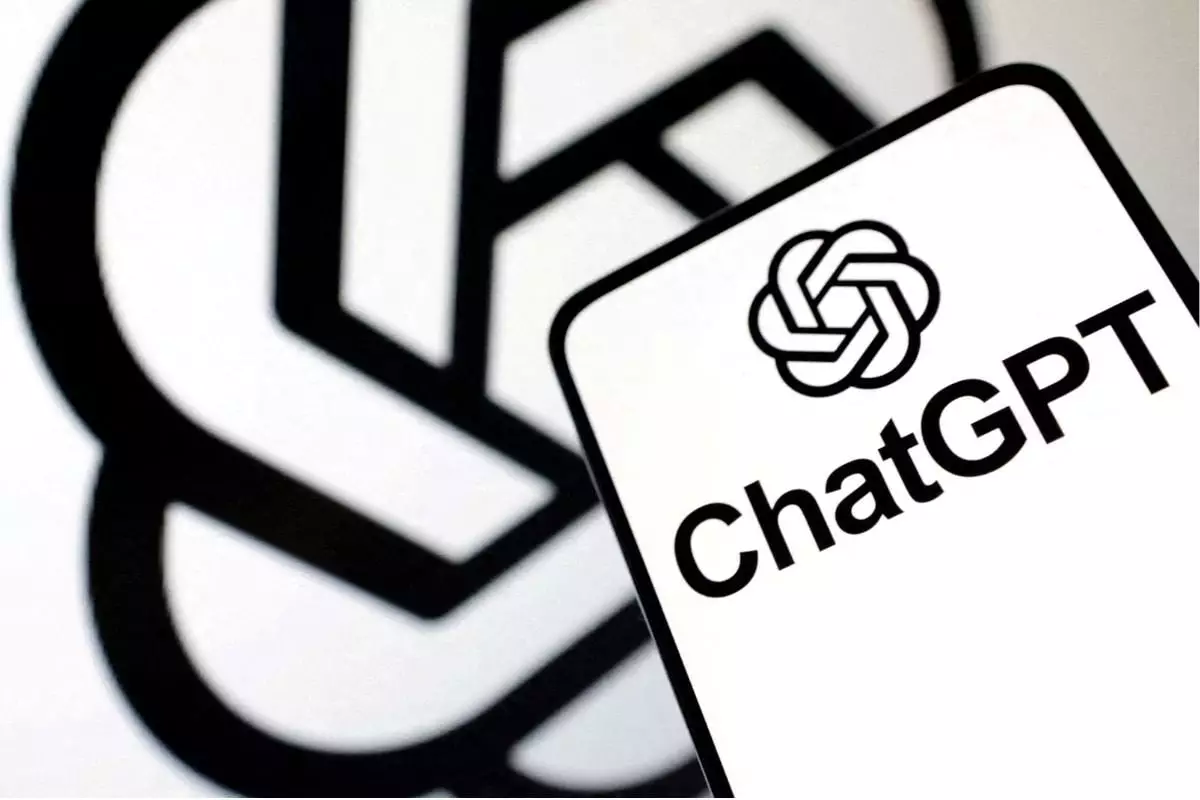On December 26, 2023, OpenAI’s AI chatbot, ChatGPT, experienced a significant service outage that affected users primarily in the United States and other regions. This disruption began at approximately 1:30 PM ET and lasted nearly five hours, leading to a considerable user backlash and operational difficulties. The event not only impacted ChatGPT but also extended to OpenAI’s API services and the text-to-image function known as Sora.
According to reports logged on the outage monitoring platform Down Detector, the first signs of trouble appeared with around 50,000 users reporting access issues at 1:30 PM ET. By 2:00 PM ET, OpenAI acknowledged the situation on its status page, stating, “We are currently experiencing an issue with high error rates on ChatGPT, the API, and Sora.” This transparency from OpenAI was crucial in keeping users informed during a period of frustration.
The issue was later attributed to an “upstream provider,” though OpenAI refrained from specifying which supplier was responsible for the downstream effects. Around the same timeframe, Microsoft announced a separate power failure affecting its data center in South Central US. This incident was notable as it had ramifications on a variety of Microsoft 365 services, Azure, and Xbox cloud gaming, highlighting the interconnectedness of modern digital infrastructures.
Impact on Users and Response Measures
This outage served as a wake-up call for many dependent on AI technologies, emphasizing the potential vulnerabilities in such services. As users frantically sought alternatives, the repercussions were felt across various sectors, showcasing how reliant many businesses have become on platforms like ChatGPT for customer service and content generation.
Despite the outage, OpenAI communicated frequent updates throughout the incident. By 5:00 PM ET, reports indicated that services were being restored, followed by a confirmation from OpenAI at 6:15 PM ET that Sora was operational again, and by 6:04 PM ET, ChatGPT showed signs of recovery. The proactive communication was vital in restoring user confidence as they regained access to the platforms, with interactions resuming smoothly.
This incident highlights the importance of robust contingency planning in the tech industry. As AI technologies increasingly permeate everyday life, service interruptions can lead to a ripple effect that disrupts business operations and erodes consumer trust. OpenAI’s commitment to conducting a thorough root-cause analysis of the outage demonstrates an awareness of these implications, signaling a need for continuous improvements in system resilience.
Moreover, the outage has reignited discussions around the growing interdependence of service providers. The overlapping timelines of OpenAI’s and Microsoft’s outages prompt further investigation into the potential common factors that could lead to such widespread service disruptions in the future.
The December 26 ChatGPT outage serves as a critical case study in the realm of AI services, illustrating both the risks involved and the necessity for effective communication and robust systems. As these platforms evolve and integrate more deeply into our daily interactions, the tech industry must prioritize resilience and transparency to sustain user trust and operational stability.


Leave a Reply